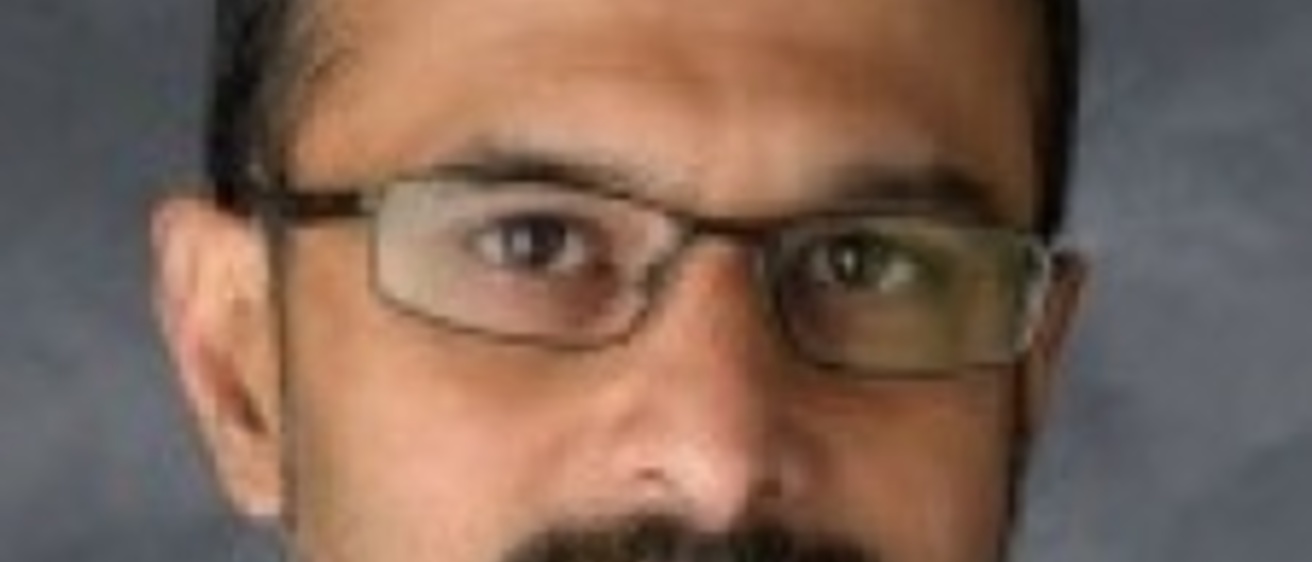By H.S. Udaykumar
Professor of Mechanical and Industrial Engineering
Having spent the last 16 years teaching at the University of Iowa, I’ve had the privilege of seeing the good that this university has done both for its students and for the world at large. Undergraduates working in my own lab have gone on to pursue PhDs in all sorts of fields, earn National Science Foundation grants, and participate in study-abroad trips to India, Ghana, and Cameroon—trips on which they’ve learned about the challenges people around the world face and how they can help address them. It’s been extremely fulfilling being part of this important work and knowing our students are carrying on Iowa’s innovativeness and humanitarian principles.
But for all of the good we’re working toward, we are in the midst of a very difficult time for institutions like ours. And though Iowa is a resilient campus with dedicated faculty, staff, and students, we aren’t immune to national trends that threaten the value we provide: The less funding that the university receives, the more it must rely on tuition to preserve the quality of its classes and programs. That is a very difficult position to be in. Where else but at a public research university can undergraduates work side by side with scholars and researchers making a tangible difference to our lives and the world around us? Where else can they do so while paying an affordable tuition? Without adequate state support, we run the risk of losing talented students—students who would have gone on to make real change in the world.
I know what’s at stake because of what my own students have worked on. For the past few years, we have been attempting to address a serious problem: Reducing cooking-related smoke inhalation among people in developing countries—particularly women, who often prepare most of a household’s meals. Together, we’ve developed new types of cook stoves and wood-fire cooking methods that will save fuel (and therefore forests), reduce worldwide carbon emissions, and lessen women’s exposure to smoke. My students have not only learned about how to study and address a particular engineering problem—they’ve contributed to work that could potentially help millions of people. That is the type of experience that the University of Iowa offers.
Studying at Iowa gives undergraduates the chance to do hands-on research, providing them with insight into how science works, presenting them with real-world challenges, and helping them find mentors who will guide them on their academic journey. Faculty at the UI routinely engage undergraduates in research at all levels, from encouraging first-year students to pursue research opportunities in labs to reading and guiding honors theses to offering joint BS/MS programs (as in the College of Engineering) and preparing undergraduates for graduate and professional schools. Students who graduate having had research experience leave with special skills that can benefit them in their workplace, making them not only strong contributors to the economy but also responsible citizens who want to make the world a better place. I’ve been fortunate enough to see that firsthand.
Public universities like the University of Iowa give undergraduates the chance to do research that not only prepares them for their own future but helps assure a better future for all of us. We must do all we can to foster that spirit of enquiry and discovery in our students.
